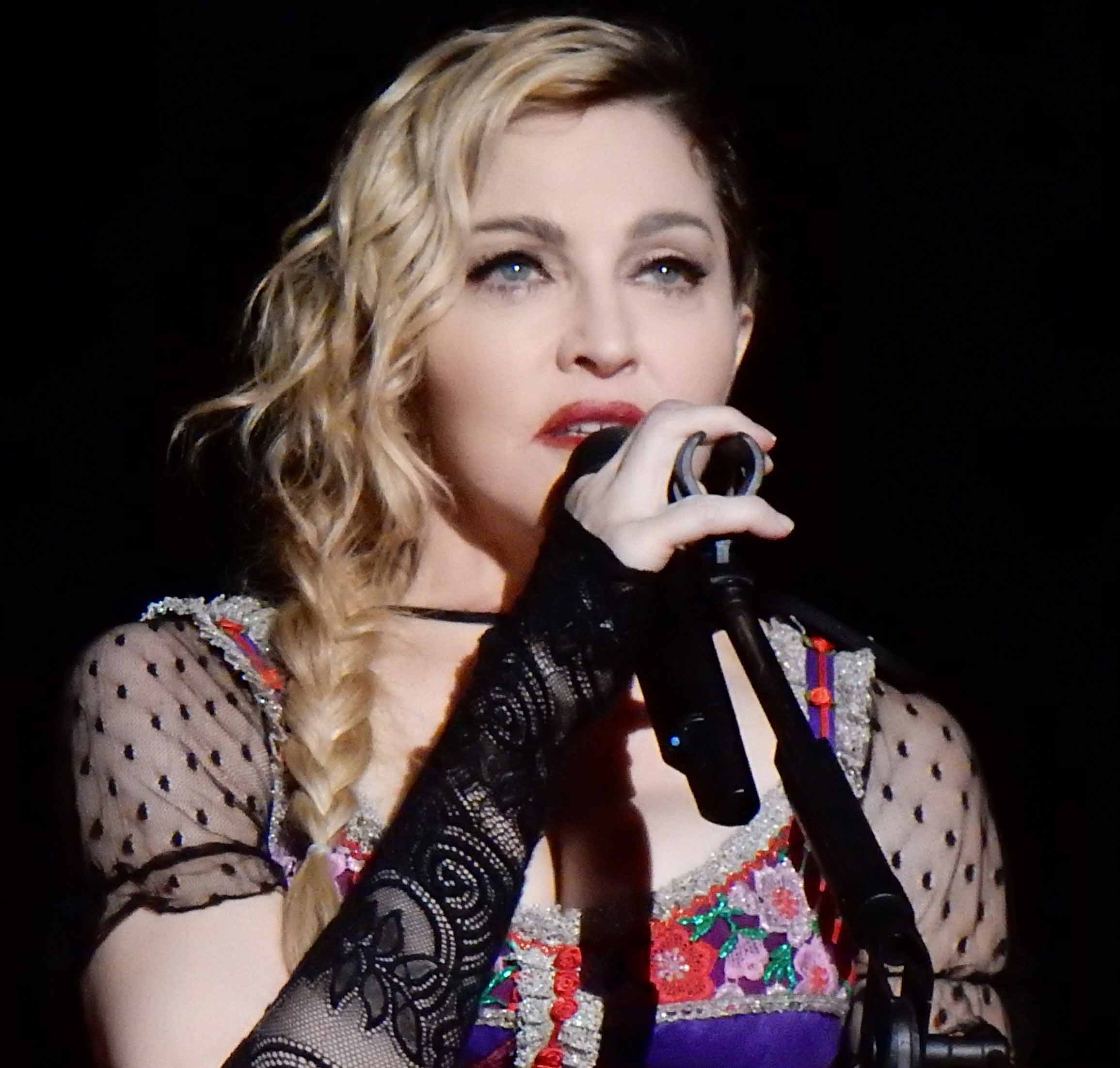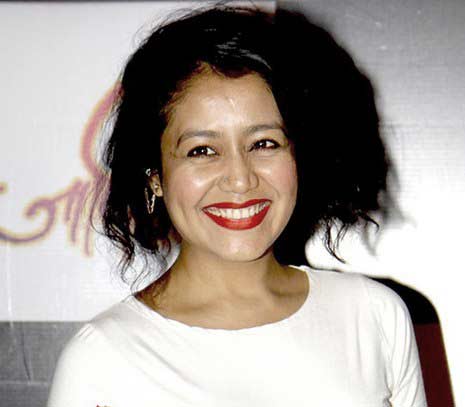| Full Name | Pervez Fateh Ali Khan |
| Stage Name | Nusrat Fateh Ali Khan |
| Titles | Ustad, Shahenshah-e-Qawwali, King of Kings of Qawwali |
| Birth Date | 13 October 1948 |
| Birth Place | Lyallpur (now Faisalabad), Punjab, Pakistan |
| Death Date | 16 August 1997 |
| Net Worth | $3 Million approx |
| Death Place | London, England |
| Burial Place | Jhang Road Graveyard, Faisalabad, Punjab, Pakistan |
| Occupations | Singer, Songwriter, Musician, Music Director |
| Genres | Classical, Folk, World, Punjabi |
| Instruments | Vocals, Harmonium, Tabla |
| Years Active | 1964–1997 |
| Record Labels | Real World, OSA, EMI, Virgin Records |
| Spouse | Naheed Nusrat (m. 1979) |
| Children | Nida Nusrat |
| Parent | Fateh Ali Khan (father) |
| Relatives | Rahat Fateh Ali Khan (nephew), Rizwan-Muazzam (nephews’ group) |
| Musical Career Highlights | Introduced Qawwali music to international audiences, master of Hindustani classical music |
| Notable Performances | Performed at Royal Albert Hall, toured over 40 countries |
| First Public Performance | Age 15, at his father’s chelum |
| Leadership in Qawwali | Became head of the family qawwali party in 1971 |
| Major Hit | “Haq Ali Ali” |
| Languages Sung | Urdu, Punjabi, Persian, Braj Bhasha, Hindi |
| Collaborations | Worked with Western artists, and contributed to movie scores and albums worldwide |
| Awards and Recognition | Described by The New York Times as the greatest Qawwali singer of his generation, and 4th greatest singer of all time by LA Weekly in 2016 |





